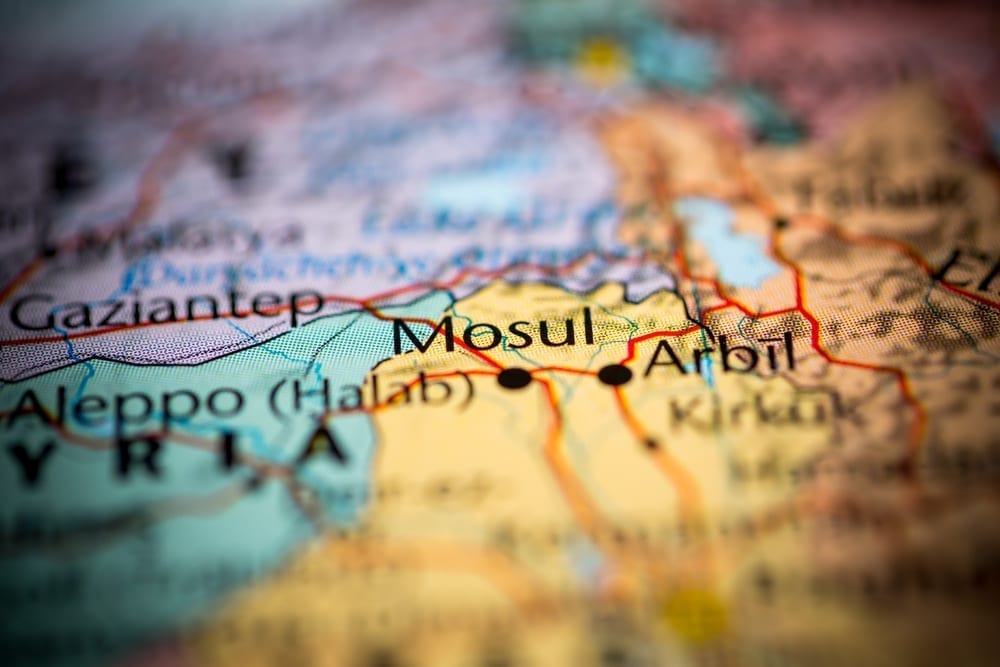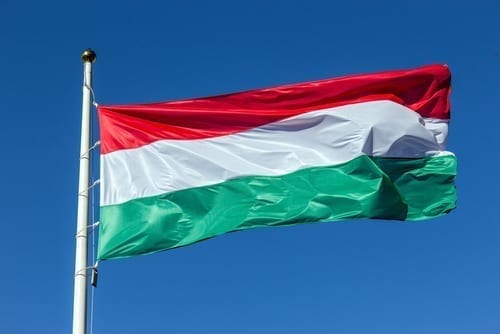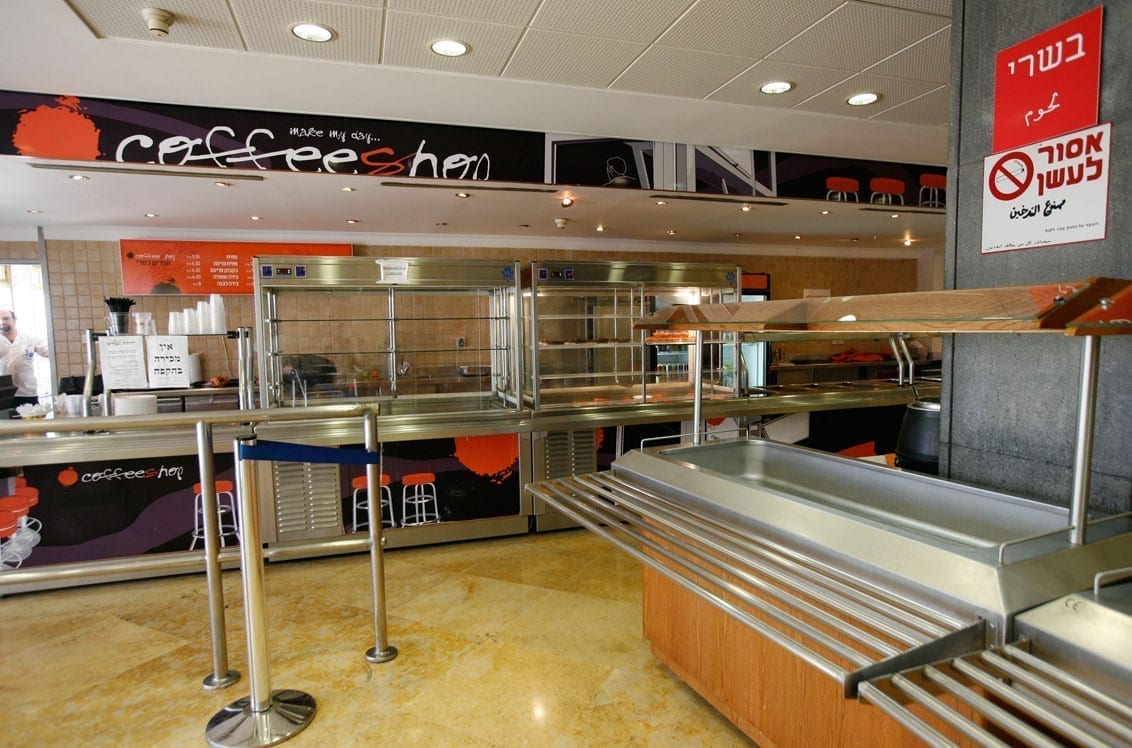At the opening of its new embassy in Asuncion, Paraguay, Israel’s Foreign Ministry acknowledged it is helping Paraguay take actions against Hezbollah in the Tri-Border area with Argentina and Brazil. The official opening of the embassy came some two months after Paraguay’s President Horacio Cartes visited Israel.
After Colombia, Paraguay is considered Israel’s closest friend in South America. In 2012, even before Cartes’ election, Paraguay and Colombia were the only South American countries that did not vote for granting the Palestinians non-member statehood status in the UN General Assembly. Paraguay stood by Israel during Operation Protective Edge and more recently, supported Israel by abstaining in major international forum votes.
An Israeli official explained that intelligence cooperation has been taking place for years in the area, where there is a high concentration of Shi’ites of Lebanese descent who have set up a up a logistical base to assist the terrorist organization.
The Tri-Border Area (TBA) where Paraguay meets with Argentina and Brazil, featured prominently on US State Department’s country report on terrorism for 2016, which noted that it suffers from “ineffective immigration, customs, and law enforcement controls along its porous borders” and “members, facilitators, and supporters engaging in activity in support of the organization including efforts to build Hezbollah’s infrastructure in South America and fund-raising, both through licit and illicit means.”
The two nations maintain a bilateral free trade agreement, with annual Israel-Paraguay trade at some $200 million. Meat is a major component of Israel’s imports, while technology is one of its major exports. For instance, sophisticated Israeli risk-prevention systems have been installed at the Itaipú hydroelectric power plant, one of the largest hydroelectric power plants in the world. Paraguay





